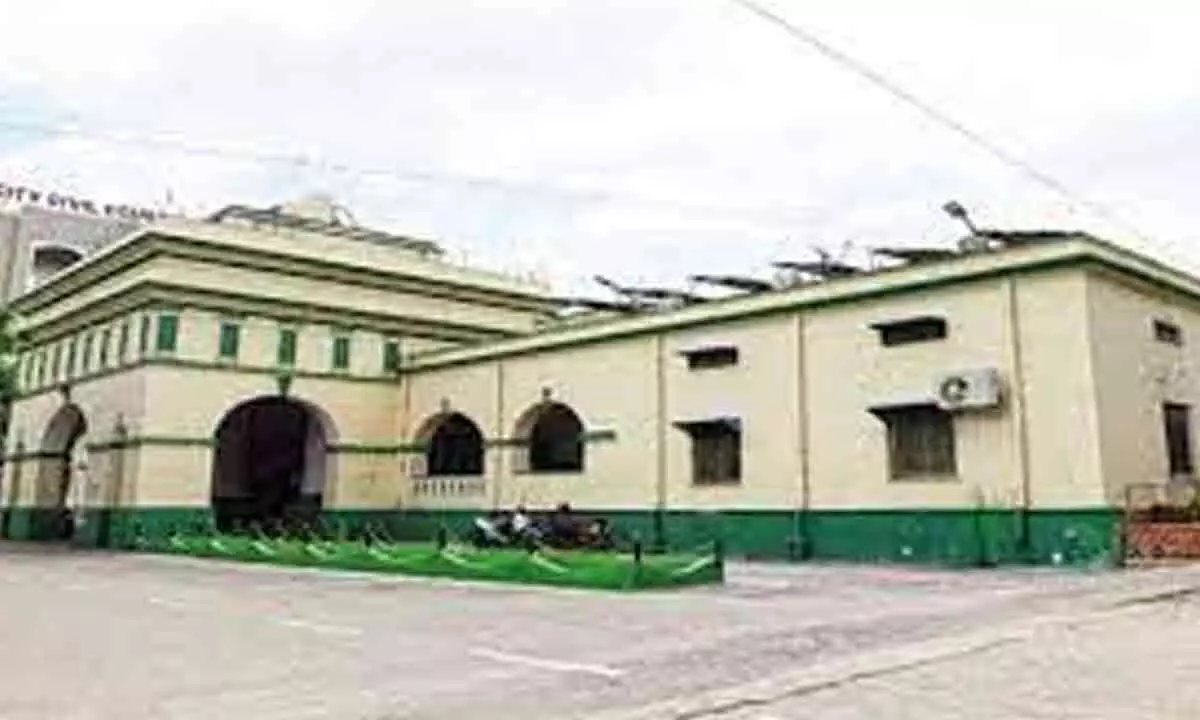Hyderabad: Secunderabad Cantt logs top voter turnout with 47.14 %

- 1. Hyd constituencies did not surpass 50% voting
- 2. Minor incidents occurred; arguments, slow process complaints, tension reported
- 3. Police stopped Cong candidate Yadav at polling booths
- 4. Low voter turnout despite extensive political campaigning and expenditure
- 5. Blame game, lack of development agendas blamed for voter disinterest
Hyderabad : With vregistering 47.14 per cent voting turnout, it stood top amongst the Assembly constituencies with the maximum percentage of voting amongst the segments under Hyderabad by 5 pm.
Even though this part of the city was better than the constituencies under the Hyderabad Parliamentary segment, they could not cross 50 per cent. While Secunderabad and Sanathnagar registered just over 45 per cent, Musheerabad and Amberpet, which could just cross 40 per cent remained among the lowest under the Secunderabad Parliamentary constituency.
Except for some minor incidents, the elections went smoothly. At Dr BR Ambedkar College in New Nallakunta, a minor argument took place over the setting up of the tables by the party’s agents near the polling station. At a polling booth set up near Badruka College under the Amberpet constituency, voters expressed anger over the slow voting process as the people standing in long queues complained of slow movement. Earlier in the morning, tension prevailed at Baghlingampally in Musheerabad Assembly constituency, where the police stopped Congress candidate Anjan Kumar Yadav. The police objected to Yadav accompanying many party workers at the polling booths.
While some who analysed the voting percentage felt that despite all the fuss about voting and spending crores of rupees on mobilisation, the city witnessed low voter turnout. The political parties canvassing door-to-door and spending huge money on ‘buying votes’, conducting rallies, and other PR activities failed to impress the voters. They also felt that blame games by the political parties and indulging in whataboutery, accompanied by a lack of development agendas, left the voters confused and kept them from voting. Others squarely blamed the voters for the attitude. They questioned those who failed to take part in the electoral process, which reflects vibrant democracy. It is held that the voters who failed to exercise their franchise do not have the right to question the government that comes into power.















